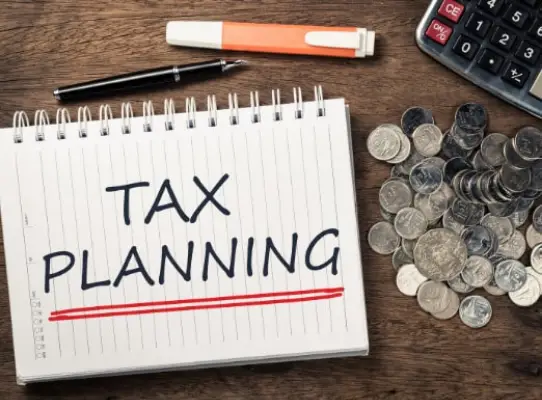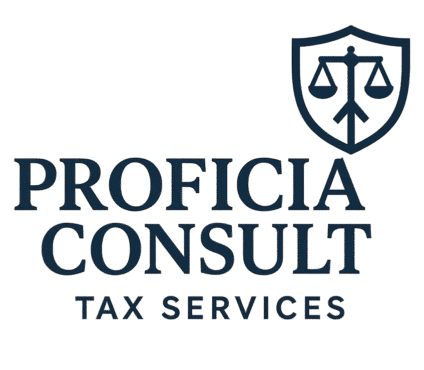
When most people think about taxes, they picture filing once a year in a rush before the deadline. But smart tax planning happens all year long — and it’s one of the best ways to reduce your tax burden, avoid surprises, and build long-term wealth.
In this blog post, we’ll explore what tax planning is, why it matters, and practical strategies anyone can use to get ahead.
What Is Tax Planning?
Tax planning is the process of analyzing your financial situation and making strategic decisions to minimize the amount of taxes you’ll owe — both now and in the future.
Unlike tax preparation, which is about reporting what already happened, tax planning is proactive. It’s about structuring your income, investments, and expenses in the most tax-efficient way possible.
Why Is Tax Planning Important?
- Keeps More of Your Money
Legitimate tax strategies can help you reduce taxable income and qualify for deductions or credits. - Avoids Surprises
No more scrambling to pay an unexpected tax bill in April — planning helps you stay in control. - Optimizes Major Life Changes
Events like marriage, buying a house, having kids, or retiring have big tax implications. - Supports Financial Goals
Coordinating tax strategy with investing, estate planning, and retirement helps build long-term wealth.
Tax Planning Strategies to Consider
1. Maximize Tax-Advantaged Accounts
- Retirement: Contribute to 401(k), IRA, or Roth IRA accounts
- Education: Use 529 plans to save for college tax-free
- Health: Fund an HSA (Health Savings Account) if eligible
2. Understand Your Tax Bracket
Plan your income and deductions to avoid “bracket creep” or take advantage of lower brackets through income timing.
3. Time Income and Expenses
- Defer income to next year if you expect a lower bracket
- Accelerate deductions (e.g., charitable donations or medical expenses)
4. Harvest Investment Losses
Offset gains by selling underperforming assets to reduce capital gains taxes — known as tax-loss harvesting.
5. Leverage Deductions and Credits
Explore:
- Standard vs. itemized deductions
- Education credits (Lifetime Learning, American Opportunity)
- Child Tax Credit, Earned Income Tax Credit
6. Review Your Withholding
Use the IRS Tax Withholding Estimator to make sure you’re not overpaying or underpaying throughout the year.
7. Consider Business Tax Strategies
If you’re self-employed or run a business:
- Deduct home office expenses
- Expense business equipment
- Use retirement plans for business owners (SEP IRA, Solo 401(k))
When to Start Tax Planning?
Now. The earlier you start, the more options you have. While some strategies can be applied at the last minute (like IRA contributions), others need to be planned well in advance (like managing capital gains or income timing).
Do You Need a Tax Planner?
You might benefit from professional tax planning if:
- You’re a high-income earner
- You’re self-employed or own a business
- You have significant investments
- You’re going through a major life or financial change
- You want to create a tax-efficient retirement or estate plan
Certified Public Accountants (CPAs), tax attorneys, and financial planners often offer these services.
Final Thoughts
Tax planning isn’t just about reducing this year’s tax bill — it’s about setting yourself up for financial success. With a smart strategy, you’ll not only save money but also avoid costly mistakes and build peace of mind.
Plan ahead today to pay less tomorrow.
Would you like a version of this blog targeted to a specific audience (e.g., freelancers, real estate investors, or retirees)? I can also help format it for WordPress or create a downloadable PDF.
